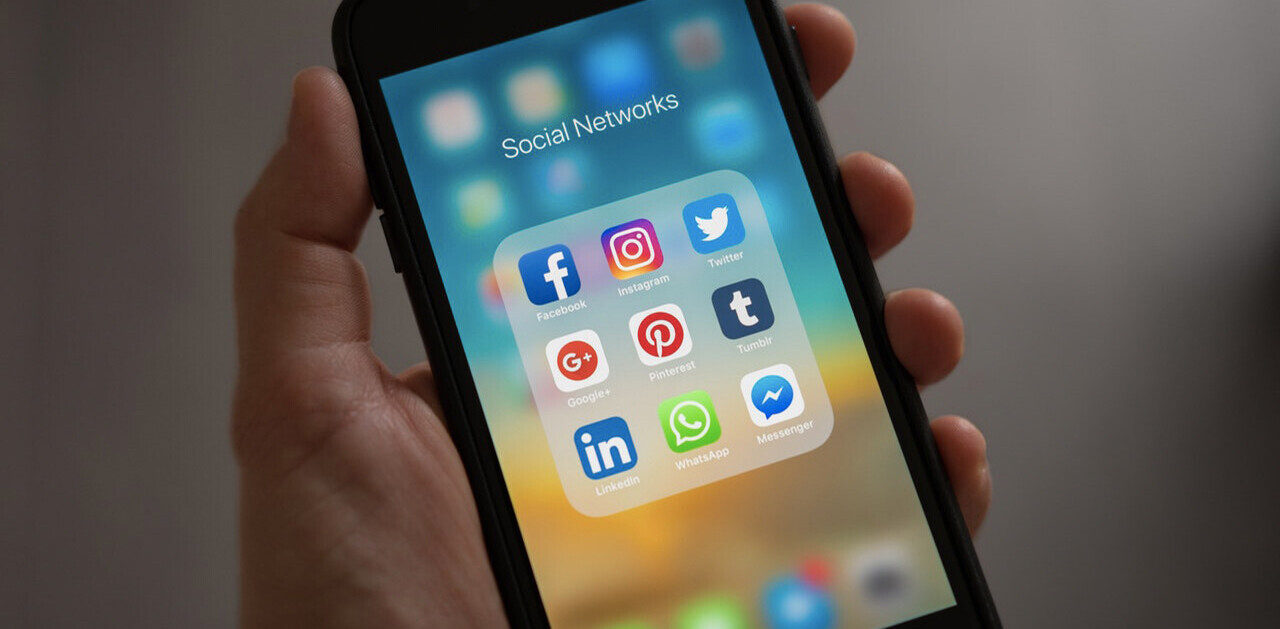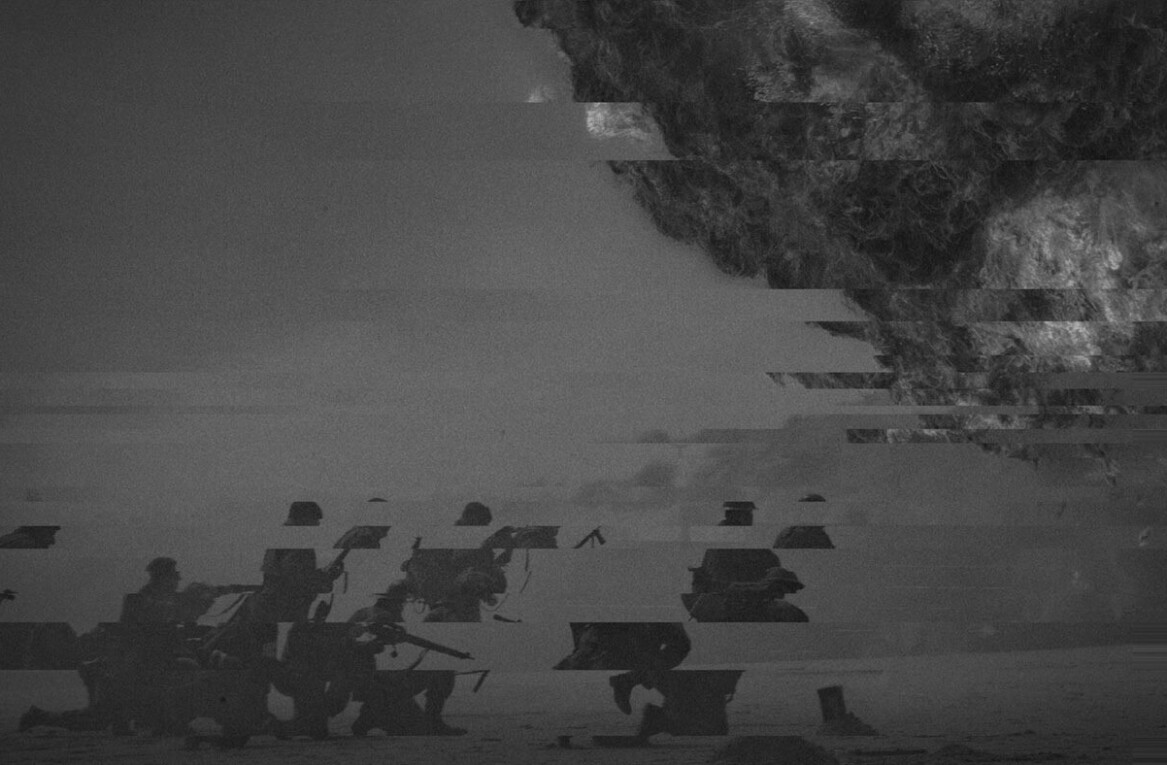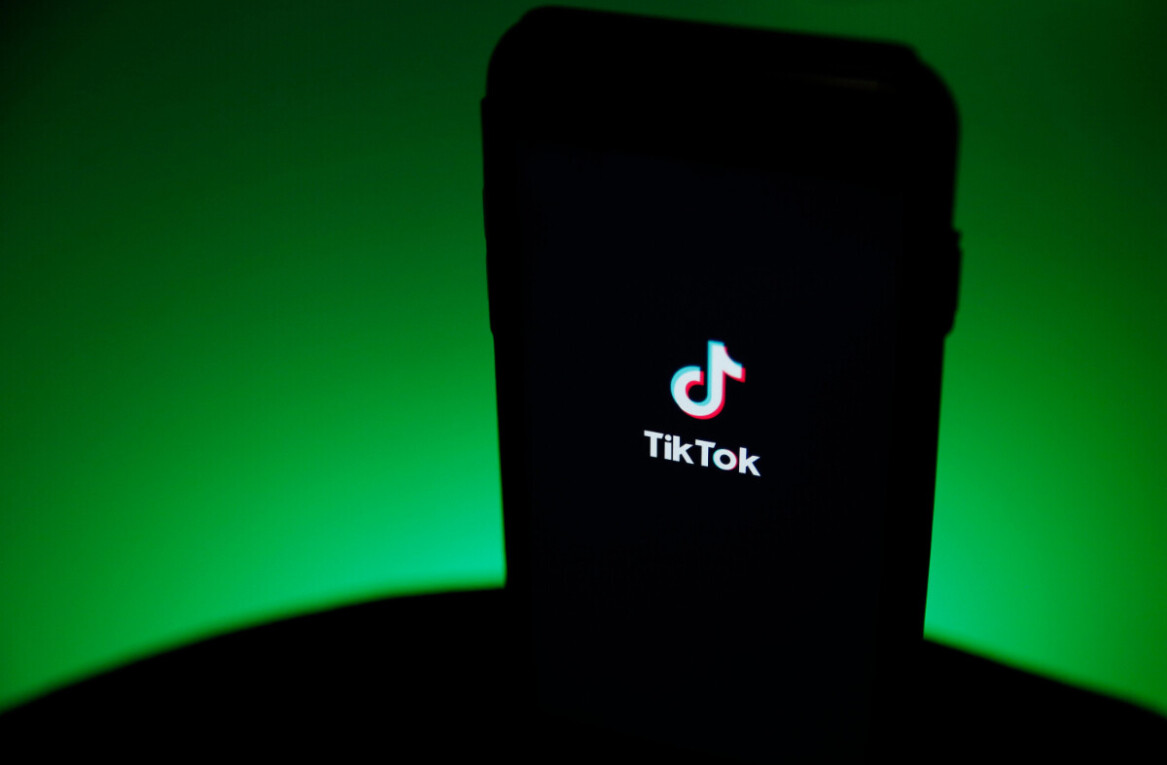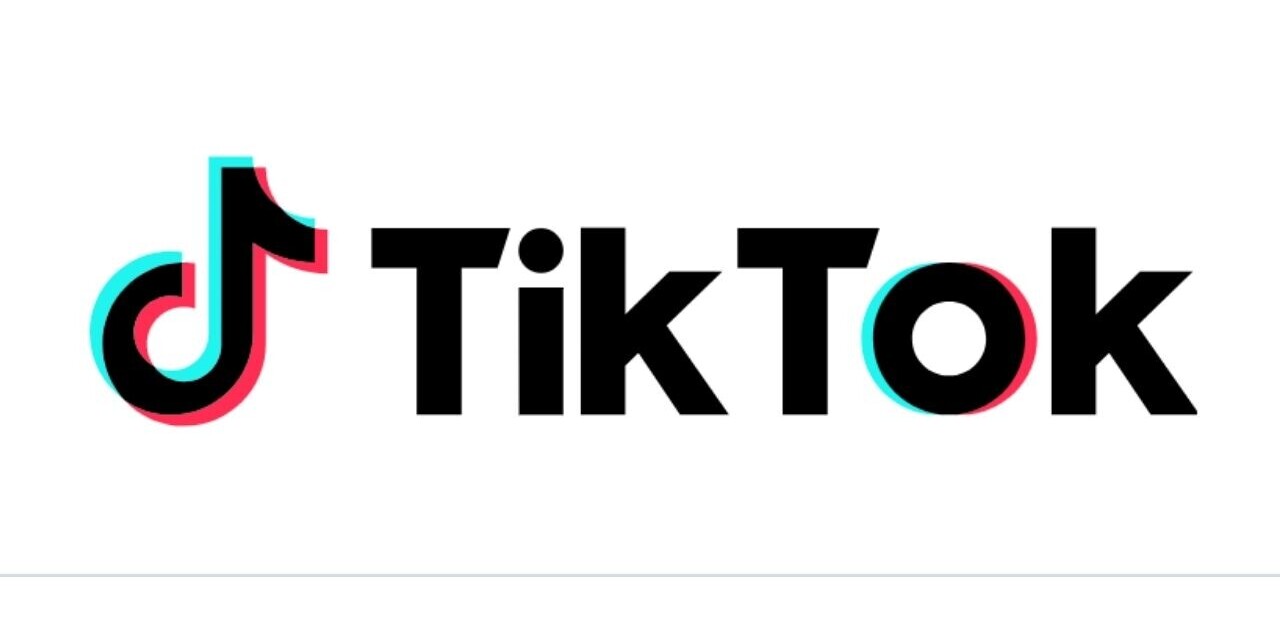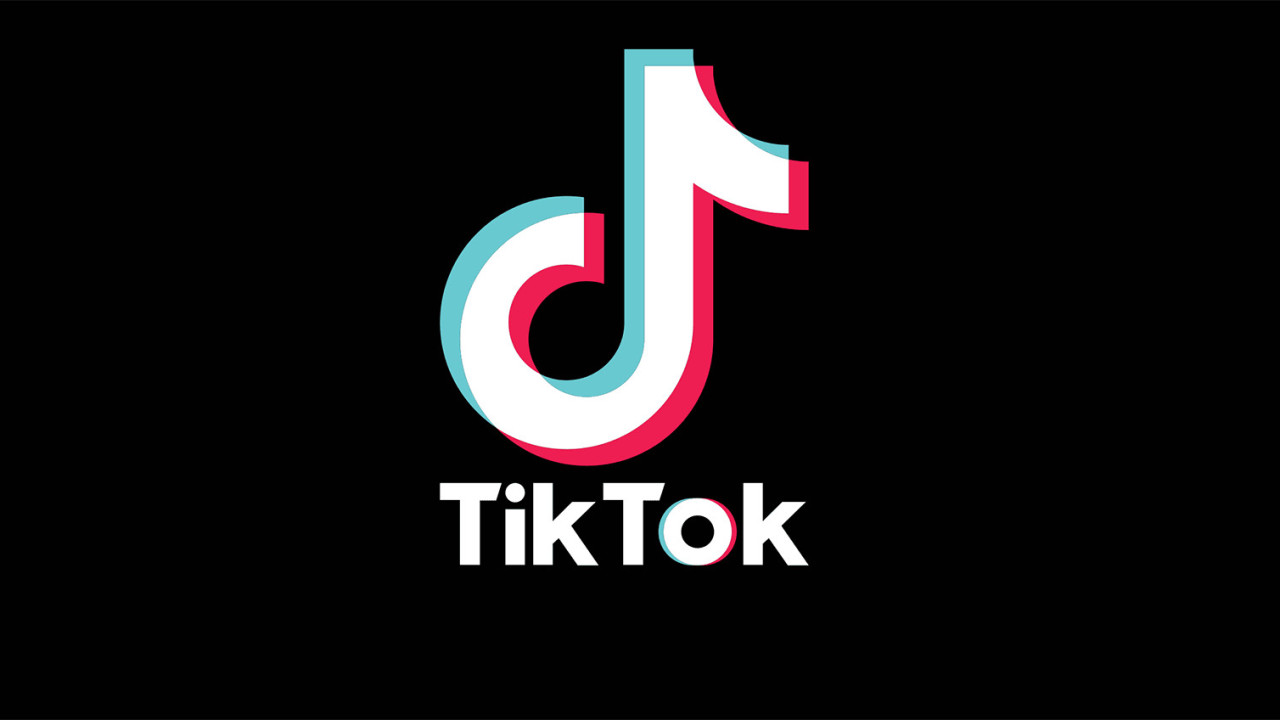
TikTok’s 500 million users aren’t there to fight about politics, troll their enemies, or shitpost for lolz. They’re mostly a community of inclusive, fun-loving content creators who support one another. You can thank the Chinese government’s commitment to exporting censorship for that.
A recent report from The Guardian revealed that ByteDance, the Chinese company that owns TikTok, had policies in place that outright censored or shadow-banned certain content in specific areas. In China, of course, any mentions of topics that are already banned on the internet such as Tienanmen Square and political criticism were censored. But in other countries, the banned content extended far beyond what westerners have come to expect.
In Turkey, for example, content containing mentions of non-Muslim religious figures or ideas and all LGBTQ content was prohibited — and may still remain so. This included any depictions or mentions of Jesus and angels, or Ghandi, and non-sexual LGBTQ imagery such as same-sex individuals holding hands, and even the banning of content showing adult alcohol use (none of which is illegal in Turkey).
ByteDance has since responded to state that the guidelines The Guardian reported on were “outdated” and were updated after May of 2019. The company’s issued a statement saying it’s since changed those policies. But all indications are that it’s turned over censorship duties to local governments or groups. According to The Guardian, ByteDance’s statement says:
The old guidelines in question are outdated and no longer in use. Today we take localised approaches, including local moderators, local content and moderation policies, local refinement of global policies, and more.
TikTok’s meteoric rise to popularity with the under-30 demographic seems to be in direct juxtaposition with the idea that social media/content creator sites such as Facebook and YouTube are meant to be havens for free speech.
Topics that carry the discourse on Twitter and YouTube, such as Donald Trump and religious conflict, were outright banned on TikTok, according to the report from The Guardian. Users might argue that the platform isn’t intended to be a social media, video, or news site and that the rules surrounding content make sense. Others may point out that the app’s simply respecting the customs of the nations its being downloaded in.
There’s no telling what kind of terms are shadow-banned (meaning the algorithm that decides which posts to promote ignores or blocks them) in what geographical areas. But TikTok’s users don’t seem to mind.
Whether intentionally or not, ByteDance has turned TikTok’s global userbase into a case study for the global spread of censorship. It’s success isn’t just fueled by its cute, positive community. It’s also fueled by a reported $1 billion in Facebook ads and the media’s love of reporting on anything it can frame as joyous and wholesome.
TikTok’s strange brew comes off as an intoxicating mixture of universally acceptable moments that showcase its users humanity, art, and joy. But in reality it’s a plain-as-day example of what censorship actually looks like.
If a TikTok user shouts their love for Donald Trump or Jesus Christ, or hold hands with a member of the same sex, or triggers any number of other unknown keywords, they risk being excluded or banned — that’s an ugly kind of censorship no matter how jaunty and fun the product hosting it is.
Get the TNW newsletter
Get the most important tech news in your inbox each week.
